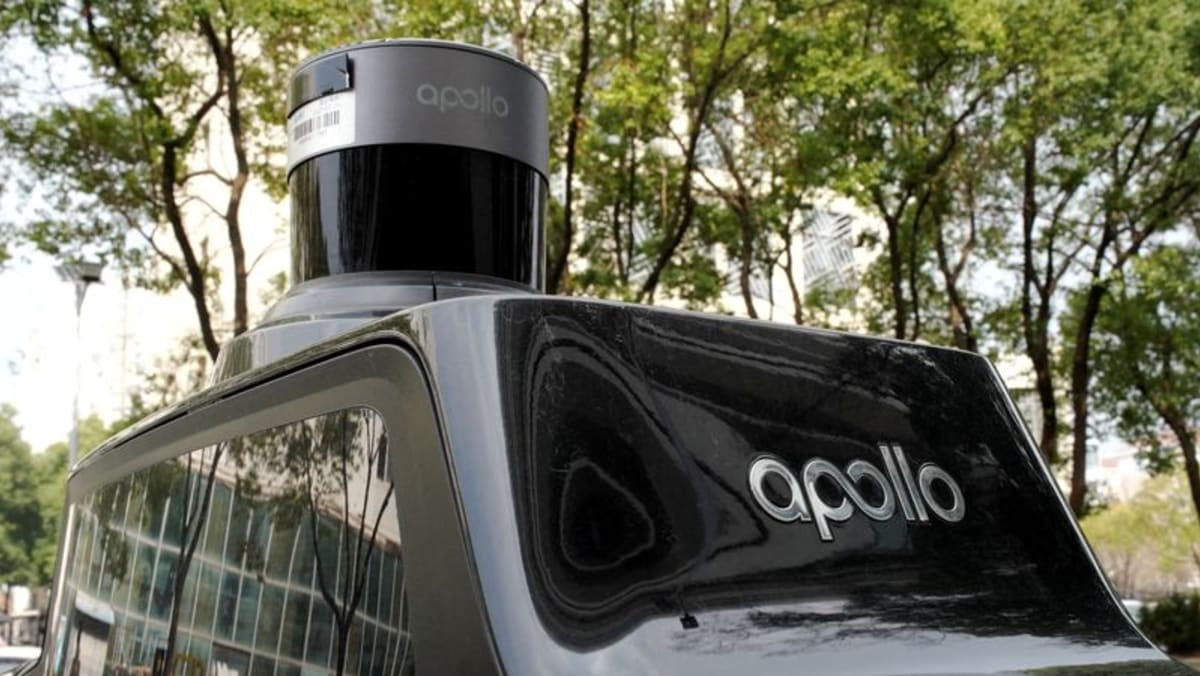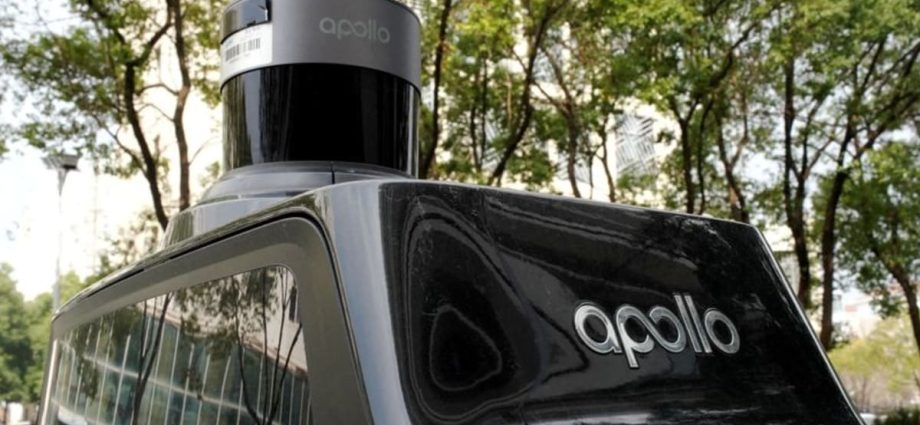
Chinese EV makers have been counting on Southeast Asia, the Middle East and Europe as their largest exporting markets.
BYD, the world’s largest EV maker by sales, has repeatedly said it has no plan to sell its cars in the US market, but on Wednesday said it was looking for a location in Mexico to locate a plant to build cars for that market.
BYD also said Wednesday it would begin selling its Dolphin Mini EV in Mexico at 358,800 Mexican pesos (US$21,019.33), less than half the price of the cheapest Tesla.
The Chinese foreign ministry didn’t immediately reply to a request for comment on Thursday.
Among all vehicles equipped with intelligent sensors, it is unfair to target cars from a specific country and impose restrictions on them exclusively, said Cui Dongshu, secretary general of the China Passenger Car Association.
Separately, the Biden administration is considering imposing new tariffs on Chinese-made vehicles and officials face new pressure to restrict Chinese electric vehicle imports from Mexico.
The Chinese Embassy in Washington has repeatedly criticised the Biden administration’s proposals to impose new restrictions on Chinese trade, urging it to “stop hyping up the ‘China threat’ theory and its unwarranted suppression of Chinese companies”.
Washington has passed laws excluding companies and consumers from being able to benefit from tax credits for batteries and critical minerals, as well as subsidies of US$7,500 for every new-energy vehicle produced, should they include materials in their supply chains from China or other countries deemed a “Foreign Entity of Concern” (FEOC).
Last December, China said that violated international trade rules and would disrupt global supply chains. China dominates the EV battery supply chain and the industry is scrambling to build a China-free supply chain.
In November, a bipartisan group of US lawmakers raised alarms about Chinese companies collecting and handling sensitive data while testing autonomous vehicles in the United States.
The Commerce Department will seek comments for 60 days and then consider drafting regulations to address concerns. The probe will also seek details about current US-assembled vehicles including where automakers license software.
The United States previously barred Chinese telecom companies from its market citing concerns about data and designated Huawei and ZTE as threats, requiring US carriers to remove their equipment from US networks.
The White House said China poses significant restrictions on US autos and other foreign autos operating in China. “Why should connected vehicles from China be allowed to operate in our country without safeguards?” Biden said.
China has in recent years strengthened its oversight over data management within the country and most industries must apply for permission before data can be transferred abroad.
In May, authorities tightened data rules for the auto industry and proposed to ban smart vehicles in China from transferring data directly abroad, pushing them instead to use domestic cloud services.

